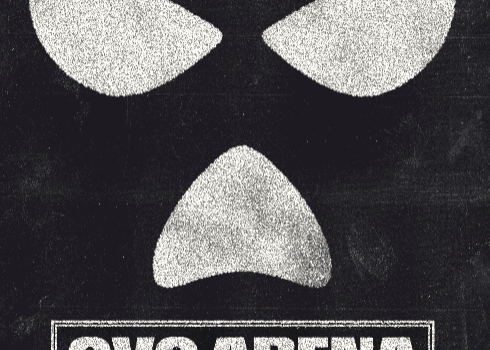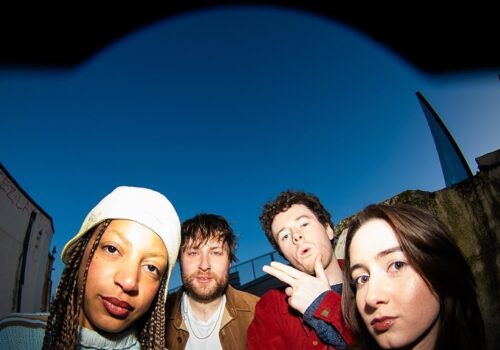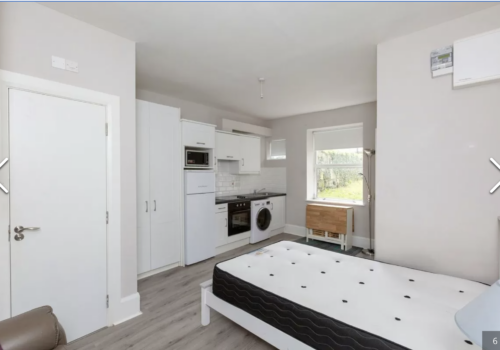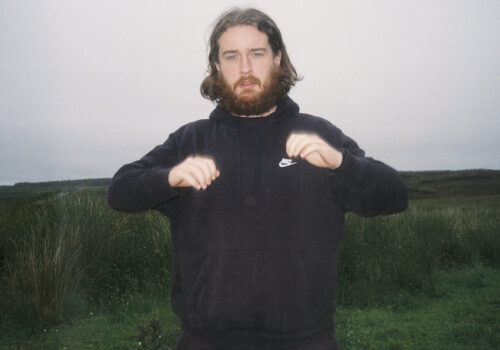A love letter to ending up at The Globe
Words: Dylan Murphy
Love Letters: celebrating the most and least important things about life in Ireland.
We’ve all been there.
You’ve had one too many at pre-drinks and you get slapped with the (almost) sobering “not tonight pal”. Despite deliberating with your friends on where to go for over ten minutes there’s a tacit understanding of what sticky, freshers-filled dwelling you’ll inevitably end up in.
Every major city has one of those spots. The kind of place that you would never consciously make an effort to go to, but have ended up in more frequently than you’d like. If it were a human relationship you’d be a pretty shitty friend. Only turning to them when you have no one else.
In Dublin that fallback option lived on Exchequers Street.
When Wigwam was full, Rí Rá was always there. When you were the only crew that didn’t nab tickets for District 8 green wrist bands were waiting for you in town.
It’s these kinds of experiences that have been forgotten about during the pandemic. While everyone is lusting for tops off, sweatbox raves with their favourite DJs we’ve forgotten about our steady Arcade Fire playing companion.
Don’t get me wrong there’s a certain level of inebriation required to enjoy a night in there, but if you were heading there in the first place you likely were already suitably juiced.
And yes the floor was tinted a light brown from the knock off Jaeger bombs and yes the DJ played the same Talking Heads song twice, but you’d forgive the smell of student’s unwashed floral shirts because there was a certain comfort in its predictable atmosphere.
Moreover, it became a space for young promoters and DJs to earn their stripes and develop a sense of how to run a successful night without the pressures that come with a bigger club. In a time where more and more venues are closing and young people are being priced out of nights, it was a welcomed breath of fresh air, irrespective of your music tastes.
Its reputation as a breeding ground was also coupled with a consistent presence in the increasingly ropey nightlife of the city. In short, The Globe was consistent. The D2 institution was open seven nights a week and became the capital’s longest-running late bar. Likewise, with Rí Rá you could rely on the same features being there every time too: The fella chewing some poor girl’s ear off, somehow murdering the only one-liner he ever uses; The Erasmus student-powered metronome in the club from the squelch of their poorly-timed stamps to ‘Odessa’ by Caribou on the sticky floor and last but not least the corner dwelling 30-something-year-olds whose attempts to slide into groups of people dancing went as smoothly as a certain TD’s snores in the Dáil.
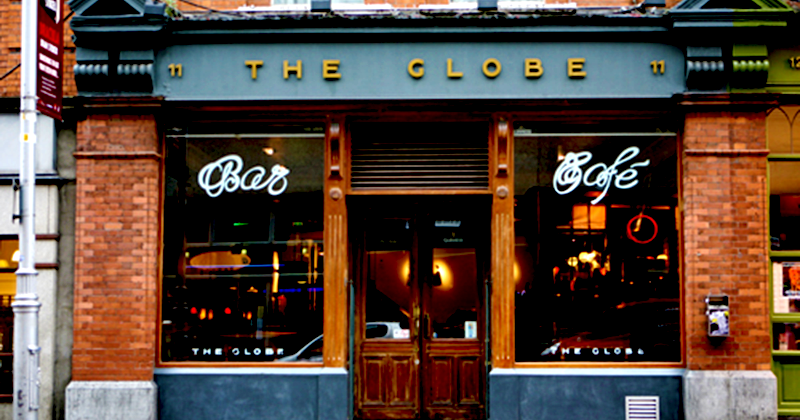
With Hangar, the loss is immediately obvious. But in the case of the hotel expansion that will replace The Globe and Rí Rá, the overwhelming experience will be preceded by a false sense of security.
A bit like coming up on an Orange Sonic The Hedgehog pill.
When nightclubs eventually do re-open there’s going to be a hell of a stampede to get into their hallowed grounds. A ton of people will inevitably get knocked back and when they are looking for a backup plan that’s when the realness of the situation will sink in.
The Globe and Rí Rá aren’t the trendiest spots in the traditional sense, but over the years they’ve owned their position.
They are an essential thread in the fabric of a major city’s nightlife. Not all social spaces can be mega-clubs and purveyors of coolness. You need places so deliberately alienated from popular culture and trends that they provide a vacuum in which you can embarrass yourself and simultaneously enjoy the inexplicable decision to mix The Human League’s ‘Don’t You Want Me’ into The Arctic Monkeys.
People are routinely up in arms about the Hangars of the world closing and rightly so. But there is something to be said about the smaller venues that have selflessly supported burgeoning promoters, provided spaces to dance and seen us at our worst and not batted an eyelid.
